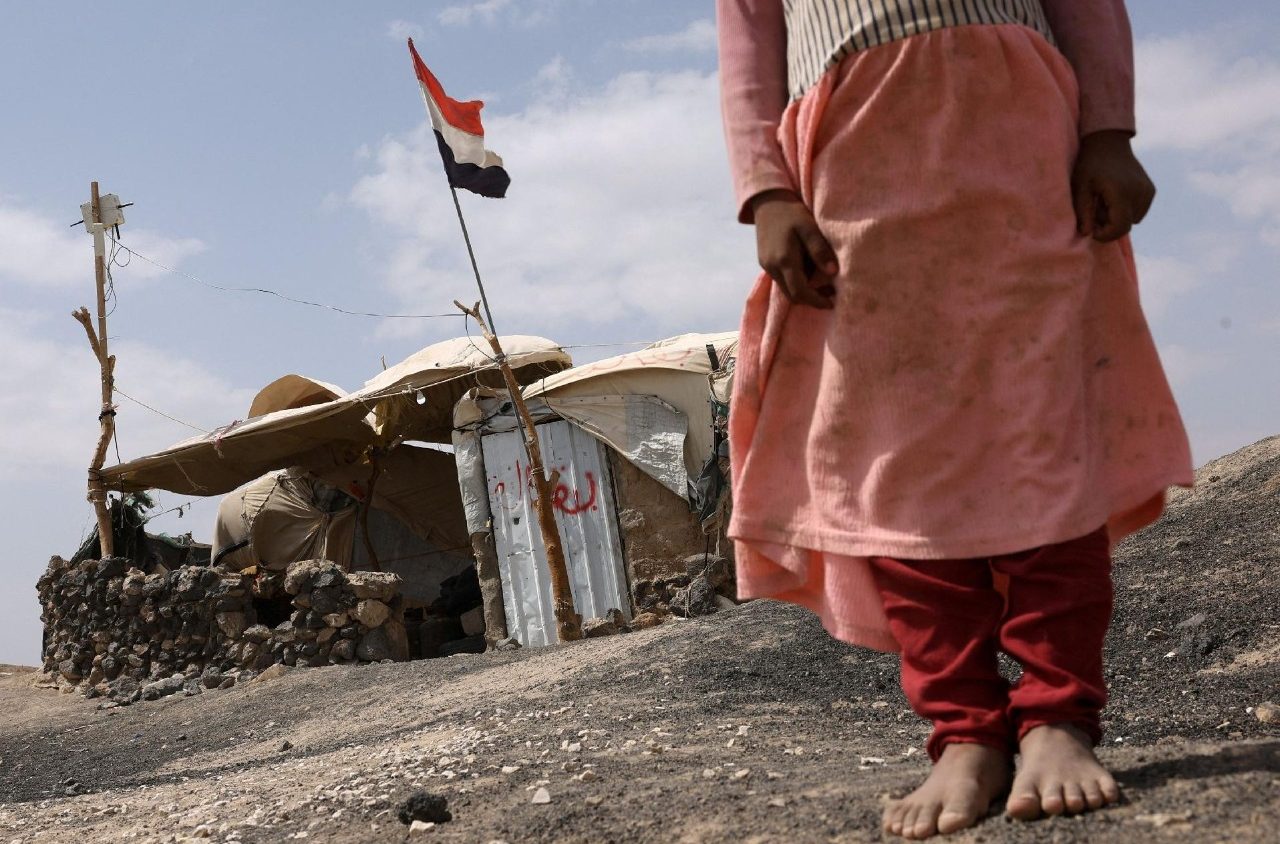From 28 to 30 November, Castel Gandolfo will be host to ‘Restarting the Economy’, a global meeting promoted by The Economy of Francesco. The international event will be aimed at rethinking the economy in light of the Jubilee, focusing on social justice, care for the Earth, and freedom from debt.
By Aiza Asi
From the ancient practice of debt remission to the cold, calculating mechanisms of modern global finance, humanity has long wrestled with the chains of debt. But what if justice isn’t about punitive retribution, but radical liberation? Is it possible to forge a new economy, not on the shifting sands of endless accumulation, but on the solid bedrock of forgiveness?
Debt is not merely an economic transaction; it is a force that shapes societies, dictates destinies, and too often, crushes the human spirit. Ancient societies, acutely aware of the inherent instability of unchecked debt, recognized the vital necessity of periodic resets to ensure societal strength. This wisdom is powerfully embodied in the Hebrew Bible’s Jubilee year – a radical act of economic surgery, occurring every 50 years, involving debt cancellation, liberation, and land restoration – and echoed in the debt amnesties of ancient Mesopotamia. Amargi, misharum, andurarum: different Mesopotamian terms for debt cancellation, a common imperative—a radical reset.
Today, we are told that our modern systems – bankruptcy laws, international debt relief initiatives – are the sophisticated descendants of these ancient practices. But let us not be fooled. While offering a modicum of relief, they are band-aids on a gaping wound, failing to address the systemic injustices that perpetuate the cycle of debt.
True debt forgiveness demands a seismic shift in our collective consciousness. It requires us to confront the toxic narrative that equates debt with moral failing. It demands that we recognize that debt is often the result of circumstances beyond individual control: predatory lending, systemic discrimination, and a global economic system rigged in favor of the wealthy and powerful. We must reject the notion that debt forgiveness is a reward for irresponsibility. It is, in fact, an act of profound responsibility – a recognition that our shared future depends on our ability to break the chains of debt. It is not simply a sop, but restitution.
But who are the real debtors? We are conditioned to see the poor as perpetually indebted, needing the handouts of the rich. But what of the ecological debt? What of the wealthy nations that have built their empires on the backs of exploited resources and the degradation of the planet, leaving the Global South to bear the brunt of climate catastrophe?
This is not a call for naive idealism. It is a call for radical pragmatism. A recognition that the current system is unsustainable, that it is driving us towards a precipice of economic and social collapse. We need a fundamental transformation, a reimagining of our economic order based on principles of fairness, compassion, and sustainability.
The courage to begin again is not just about forgiving debt; it’s about dismantling the systems that create it. It’s about challenging the predatory practices of lenders, reforming unfair trade agreements, and ensuring that everyone has access to economic opportunity. It’s about building a world where debt is not a life sentence, but a temporary setback from which recovery is not only possible, but actively supported. It is also about demanding reparations for centuries of exploitation.
The time for incremental change is over. The time for bold, transformative action is now. The future of humanity depends on it, after all we are debtors from the One who bestowed upon us the very spark of creation – and now, demands we ignite it with compassion, recognizing that true wealth lies not in what we accumulate, but in what we restore.

